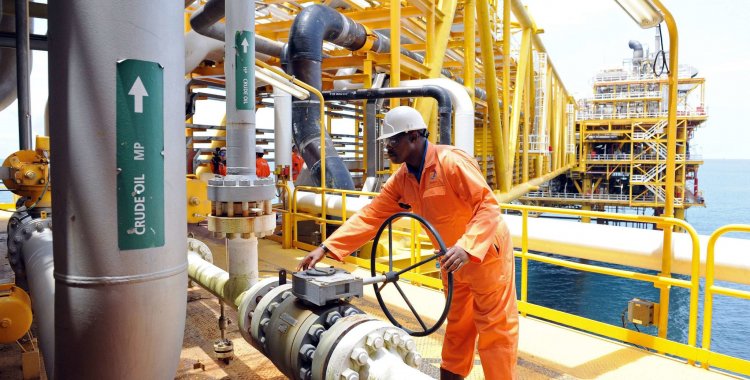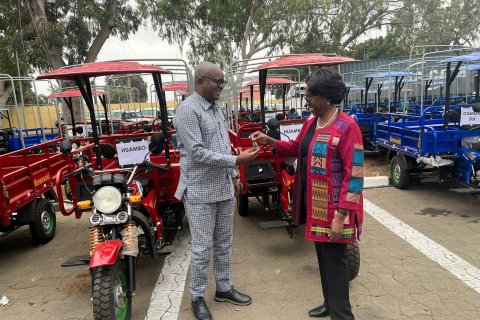The partnership reaches its highest point this week with Joe Biden's visit to the country, the first by a North American President to Angola, with attention focused on strengthening and deepening diplomatic and economic ties.
For decades, oil was the cornerstone of economic relations between the United States and Angola, which were not interrupted even during the almost 30-year civil war, which began shortly after Angola's independence in 1975, in which the two countries met. on opposing sides, with the Americans supporting the UNITA rebels against the pro-Soviet MPLA.
Although the US recognized Angola in 1993, signaling the desire to evolve towards a more constructive relationship, the turning point would only begin in 2002 with the end of the war, when Angola began to prepare national reconstruction with the help of international allies ( especially Chinese).
With the arrival of João Lourenço to power in 2017, Angola has shown itself increasingly available to be a strategic partner of the West in Africa, due to its natural resources and privileged location with access to the Atlantic coast, and the Angolan executive, who intends to diversify the economy and be less dependent on oil, it seeks allies to help it achieve this ambition.
Agriculture, renewable energy, information and communication technologies and infrastructure are some of the areas that the Government headed by João Lourenço wants to develop with North American help, already counting on companies such as Africell (Telecom) and Sun Africa (renewable energy), in addition to of multi-million dollar financing from the International Development Finance Corporation (DFC) for the Lobinho Corridor.
The USA, in turn, looks to Angola as an ally that can support them in terms of regional security and stability, also recognizing the potential of the railway corridor that crosses Angola to the Democratic Republic of Congo and presents itself as an alternative to the Chinese initiative. “One Belt, One Road”, accelerating the transport of critical minerals and agricultural products from the African interior.
At the same time, Angola has attempted to balance this relationship with other alliances, namely China and Russia, which remain partners with significant interests in resources, infrastructure and military support.
Biden's visit, initially scheduled for October, takes place after the North American elections that gave victory to Republican Donald Trump, and will therefore not have the impact that was expected, nevertheless signaling the desire to strengthen ties and demonstrate the mutually advantageous nature of the relationship.
But it is still unclear whether the proximity will be maintained during his successor's mandate, with opportunities, in a scenario of competition between world powers, but also challenges that are related to the unpredictability of the policies of the future occupant of the White House.







